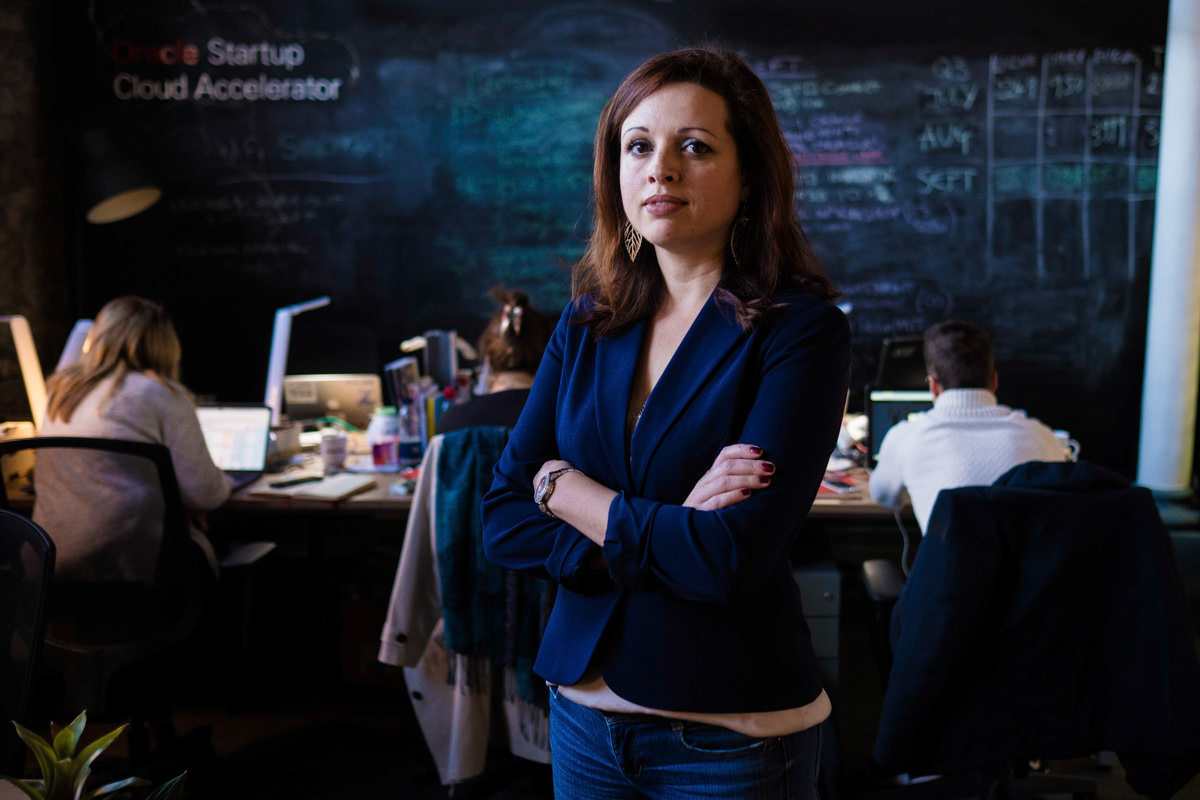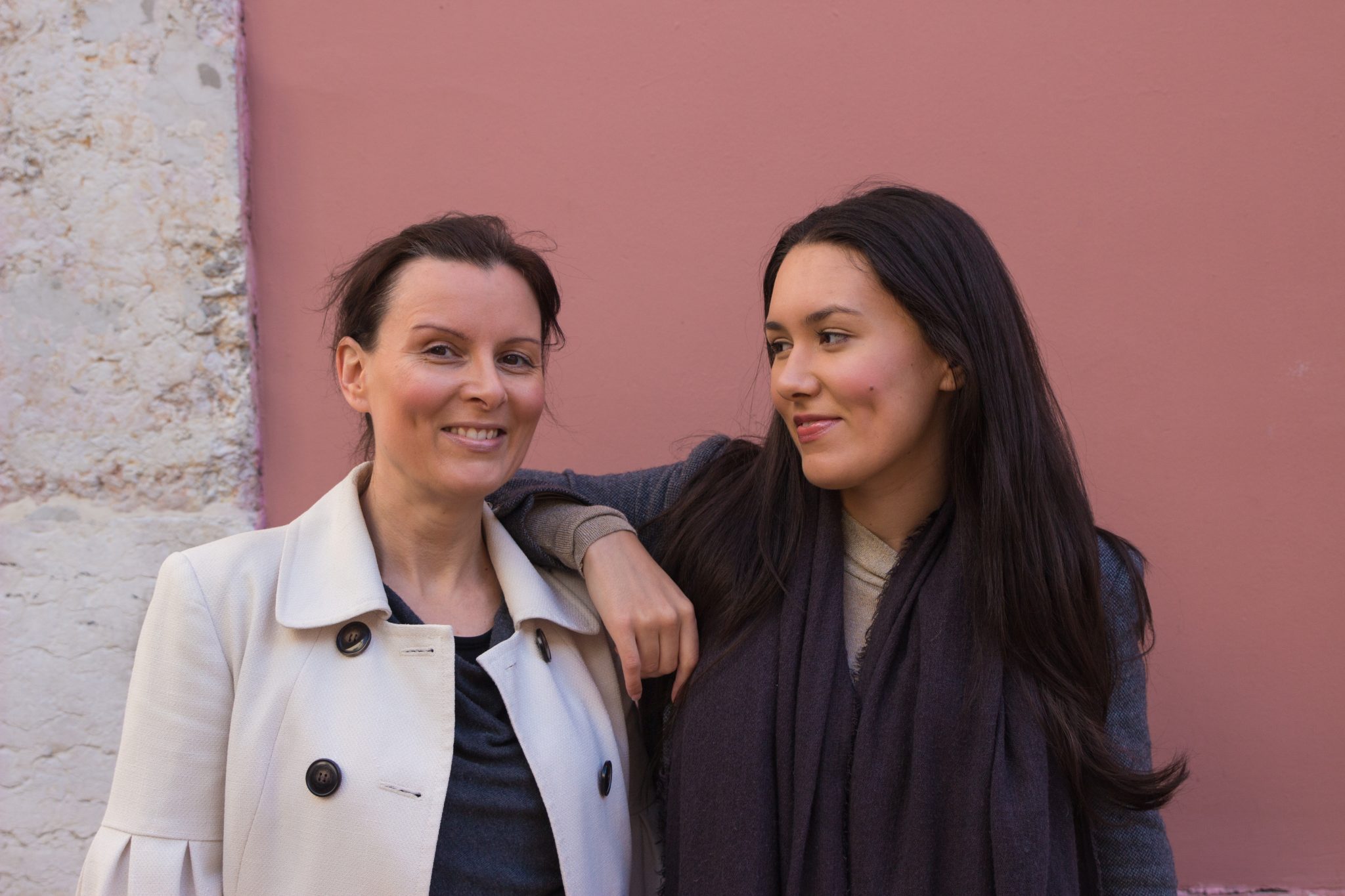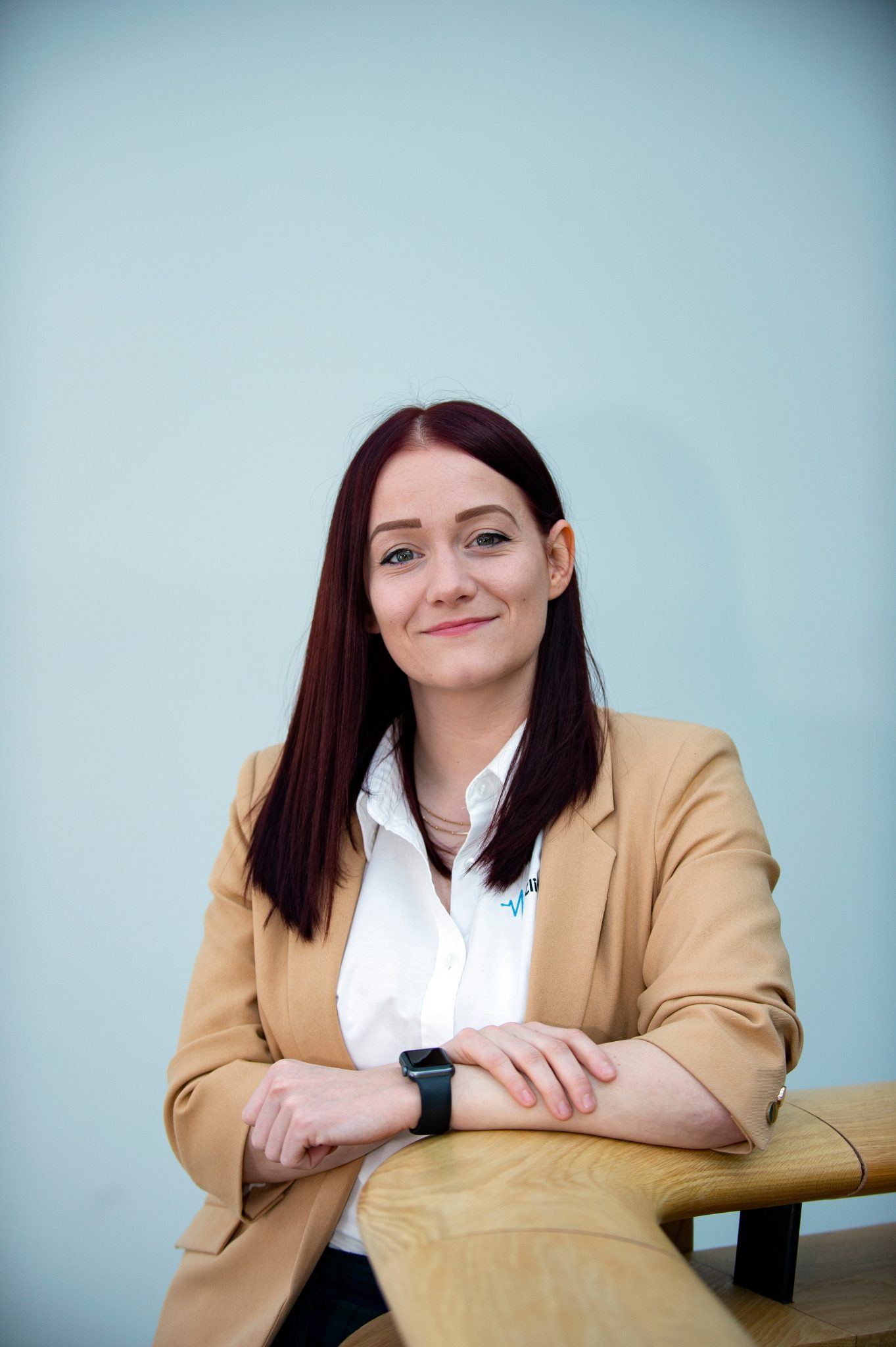
Ada Lovelace Day: How her legacy is helping to close the gender pay gap
10/08/2019Today (8 October) marks Ada Lovelace Day. To celebrate Lovelace’s ground-breaking work, here are the modern-day trailblazers who are making their own legacies in tech.
Ada Lovelace was a trailblazer of British women in tech. Born the daughter of Lady and Lord Byron in 1815, she was a maths prodigy and friend of Charles Babbage – inventor of the first computer machine. Working with Babbage on the machine, Lovelace became the first person to write an algorithm specifically designed for use on a computer. This means she is widely regarded as the world’s first computer programmer. Pretty impressive for a woman in her 20s who grew up during a time when most women were denied an education, right?
Lovelace died from cancer at the young age of 38, but the legacy she left still continues to inspire women in STEM. That’s why her work is celebrated around the world every October on Ada Lovelace Day. But it’s the perfect opportunity to celebrate the modern-day trailblazers making waves in STEM, too.
Explaining why it’s so important to champion women in STEM right now, Orla Browne from Tech Nation – a UK network for tech entrepreneurs – says: “Gender diverse companies are proven to perform better: companies with gender-diverse boards turn over £70,000 a year more than companies with homogenous boards in the UK, yet women make up only 19% of the tech workforce. 180 years on since Ada Lovelace’s first algorithm, it’s time to champion the next generation of women who are leading her legacy, the women foregrounding the future of science and technology.”
So, let’s meet the wave-makers being championed by Tech Nation…
Zara Nanu, Gapsquare
Gapsquare software is addressing the gender pay gap
“I grew up in Moldova in a family of strong women, the child of teachers in a country that was going through a lot of change as it was a part of the Soviet Union. I did the equivalent of A levels in all social science subjects and took no interest in maths; I was almost passionately disinterested. As far as the world around me was concerned – maths was not for girls. If anyone had told me that in a few decades I would be making high level financial decisions for my own company, and learning about statistical regression models, I would have laughed in their face.
“I spent a lot of my early career working in policy and women’s rights. I worked on projects around human trafficking, seeing women overcome challenging experiences, move into employment, but then struggle to progress economically. It became obvious that women’s access to the economy was uneven. I also came to understand that data and tech had the potential to level the playing field. I knew that with tech, change could be exponential – tech reaches places and starts conversations that would have taken a lifetime to initiate without it.
“I combined data science, my experience traversing the equalities and inclusion space, and some brilliant tech minds to build Gapsquare. It uses software to empower companies to pinpoint where their employees might be recruited, progressed and paid unfairly, isolating data around the gender pay gap, ethnicity pay gap and equal pay, and offering up key areas for progress.
“As the #MeTooPay movement takes hold, it’s important for companies to recognise that employees are changing, new generations are demanding fairness, and fair pay is now essential for organisations and corporations. We work with some incredibly driven companies who are taking steps toward change. You might have seen that one of our clients, the London Mayor’s Office recently shared their incredible progress on closing the pay gap.
“There are of course many high profile women in STEM who are inspirational, but I am equally inspired by the women I meet every day in STEM, the ones who innovate and still find time to build remarkable support networks for each other, the women who you meet and walk away from energised, inspired, hopeful. You don’t have to be Melinda Gates to be incredible – I touch base with incredible women every day… Though, keep it up Melinda, and thanks for releasing $1billion to fight gender inequality.”
Loral and Eishel Quinn, Sustainably
The mother and daughter team set up a financial technology startup for social good
Loral: “As a single parent, I have a really close relationship with my daughter Eishel, but I never thought we’d work together. I previously worked in the investment industry as head of digital marketing and head of digital strategy for what became a FTSE100 company. I set up the digital team and helped scale the business from six to 30 countries in 10 years. I started to think to myself ‘what am I doing here and can I do something that has a positive impact?’ I had this idea for a business, so I started writing a business plan.
“Our vision was to create a global community that wants to make positive change in the world. Sustainably automatically rounds up and donates your spare change, and enables retailers, and your employer, to give to causes you care about, every time you shop, simply when you make a purchase on your card or connected device. You can track your impact and pause it or change it any time, and we never give out your personal details so you never get hassled to give more. Our beta for Monzo bank customers won Best of Show Finovate in New York and is a top 10 Virgin Startup.”
Eishel: “I was working in ethical retail for Neal’s Yard Remedies. The training I gained through working there really opened my eyes to consumerism and all the things we buy. I started making our home eco and organic, really influencing what we were buying from clothing to food and cleaning products. I was 21 at the time when we started putting Post-Its all over the kitchen wall, and Sustainably started from there. We decided that if we got onto the Entrepreneurial Spark accelerator, we’d quit our jobs and make a go of it. And we did.
“Some of my proudest moments so far include being invited by Richard Branson to meet him in LA, winning the WeWork Creator Awards and getting WeWork as an investor.
“I think anyone who creates something great is inspiring, and we’ve met many. Like Lesley Eccles, one of our mentors, for creating a unicorn tech business (a privately held startup) in the US. And my mum – she just gets up every day and gets shit done, she is incredible and inspires me every day.”
Dr Holly J Butler, Clinspecsx Diagnostics Limited
Dr Butler is developing the world’s first cost-effective blood test for the early detection of brain cancer
“I was the first in my family to go into further education. Science had always piqued my interest; I was particularly engrossed with how the human body worked. After studying a BSc in Biomedical Sciences, I continued to a PhD at Lancaster University, investigating how you can use infrared light to diagnose disease, and other weird and wonderful applications.
“ClinSpecsx is developing the world’s first cost-effective blood test for the early detection of brain cancer. We have developed a technology that uses infrared light to detect disease signals from blood serum, that we can extract using machine learning algorithms. In February 2019, we got over £1.6 million in grant and equity funding from the University of Strathclyde. It is our aim to be a world leader in blood tests for other cancers and disease, and we believe every day counts for patients, clinicians and health services. As one of the founders of the business, I work on research and development of our technology for uptake into the health services, which includes organising clinical trials and regulatory approvals.”
“Without Ada Lovelace’s revolutionary work in computing, who even knows if a company like Clinspecsx would be here today. Machine learning and running complex calculations are fundamental to our technology, and it is only possible due to her pioneering research. I am also inspired by women who did not get the recognition they deserved at the time of their success. The obvious example of this is Rosalind Franklin’s contribution to the discovery of DNA structure. It reminds me that it is important to strive for equality, and also to appreciate the supportive environment now present in STEM.”
Putting the spotlight on modern-day female role models in STEM can only help girls and young women to realise that a future in maths, science and technology is 100% open to them.
Lovelace was once quoted saying: “The more I study, the more insatiable do I feel my genius for it to be. I must tell you what my opinion of my own mind and powers is exactly… I believe myself to possess a most singular combination of qualities exactly fitted to make me preeminently a discoverer of the hidden realities of nature.”
We can’t wait to see who else will continue to echo these incredible words.
Images: Getty, Tech Nation, Thomas Weller
Source: Read Full Article




